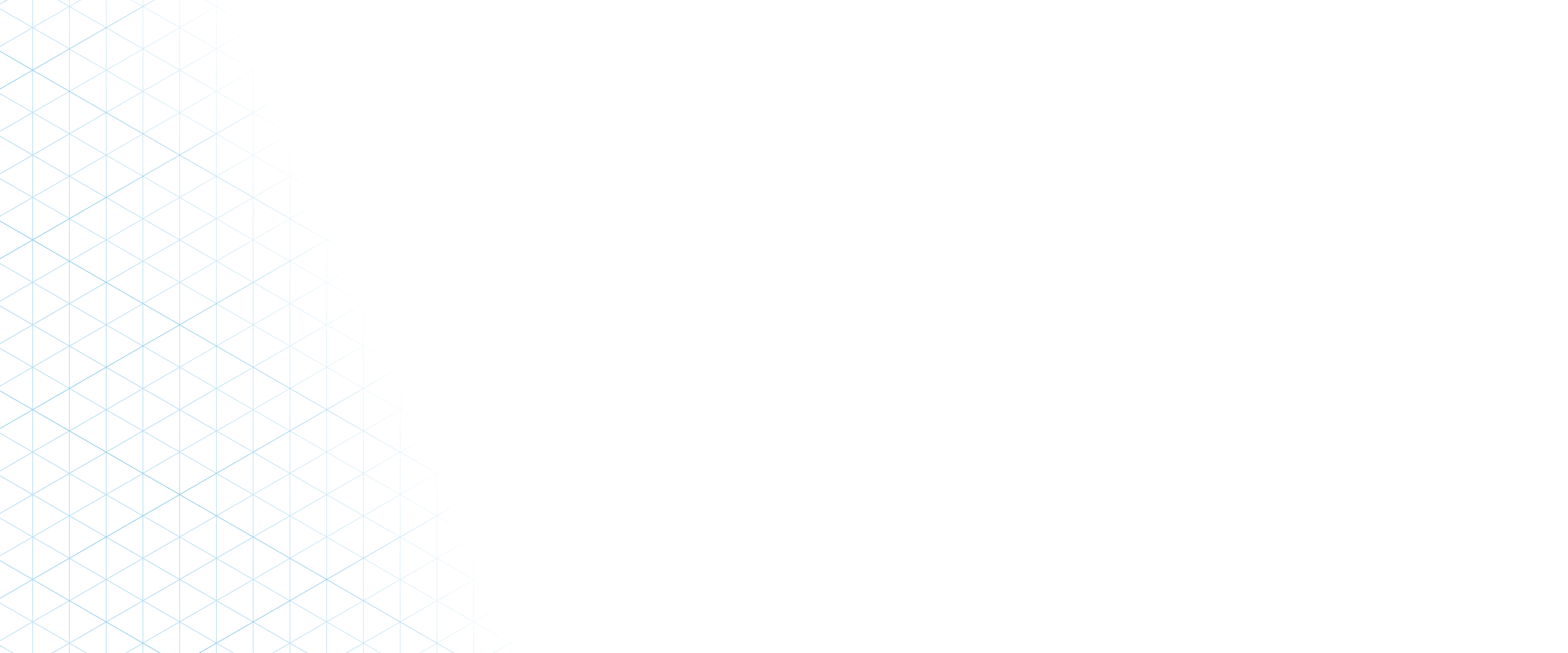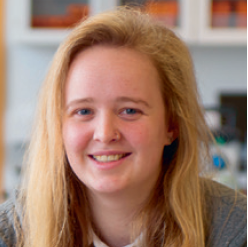Physics
BSc (Hons) (NFQ Level 8)

Course Video
Curricular information is subject to change.
Open AllPhysics is about the fundamental laws of the universe that govern living as well as non-living systems. It is a fundamental science, involving a deep understanding of nature derived from mathematical and experimental insights. Physics is the subject that constantly asks “why?”, questioning why matter and energy exist and act as they do, and discovering the underlying rules that govern their behaviour. Physicists now believe that all phenomena observed in the universe can be explained in terms of a handful of forces: gravity, electricity, magnetism, and weak and strong nuclear interactions.
Developments in physics have led to advances in many fields, including medicine and the semiconductor industry. Understanding physical principles and discovering new laws that explain our universe at an even deeper level are the challenges that confront physicists in the 21st century. The degree subject will develop your knowledge and skills in problem-solving, data analysis, computation and experimental techniques.
Physics is one of the degree subjects available through the Physics stream in the common entry Science course.
Students study similar modules for all degree subjects in the Physics stream in first year and will study modules for a minimum of two degree subjects in second year. At the end of second year, students choose their degree major. Assuming students meet all the academic requirements in first and second year, students are guaranteed a degree subject from the stream they are studying in second year. We do our best to ensure that students go on to study their top degree subject choice. As we offer plenty of degree subjects in each stream, students have a number of similar degree subjects to choose from as their degree major. This is a sample set of modules that a Physics student could study each year in UCD.
First Year
- Scientific Enquiry
- Introduction to Applied & Computational Mathematics
- Calculus in the Mathematical and Physical Sciences
- Frontiers of Physics
- Foundations of Physics
- Astronomy & Space Science
- Fields, Waves and Light
- Optional Modules
- Elective Module
Second Year
- Calculus of Several Variables
- Introductory Quantum Mechanics
- Vector Calculus
- Methods for Physicists
- Electronics & Devices
- + modules for 1 other Science Subject
- Elective Modules
Third Year
- Advanced Physics Laboratory
- Classical Mechanics+Relativity
- Quantum Mechanics
- Electromagnetism
- Optics & Lasers
- Option Modules
- Elective Modules
- Physics offers summer research experience to undergraduates
Fourth Year
- Research Project
- Applied Quantum Mechanics
- Classical Mechanics+Relativity
- Quantum Mechanics
- Electromagnetism
- Optics & Lasers
- Option Modules
Timetables & Assessment
Each student will have their own timetable based on their individual module selection. This is a full time course and classes may include lectures, practicals and tutorials, depending on the subjects. Students will also be expected to study independently (autonomous student learning). Assessment varies with each module but may comprise continuous assessment of practicals, written exams and online learning activities.
For detailed information on subject content click here
You may be interested in the following Blog posts: Why choose Physics at UCD?
Students can apply to study for a trimester or year in third year in a number of universities worldwide including:
- University of California, Berkeley, USA
- University of California, Santa Cruz, USA
- San Jose State University, California, USA
- University of Melbourne, Australia
The UCD Physics degree is an accredited Physics degree and recent Physics graduates have pursued careers in the following:
- Energy technology
- Medical physics
- Meteorology
- Advanced materials (e.g. semiconductor industry)
- Geoscience
- ICT and financial industries
- Semi-state bodies such as EPA’s Office of Radiological Protection
Graduates are also eligible to apply for MSc programmes in Nanobio Science, Space Science & Technology, Nanotechnology, Medical Physics or Meteorology, or for PhD programmes in Ireland and abroad in diverse areas such as Radiation Physics, Physics of Advanced Materials, Atomic Physics, Particle Physics and Astrophysics.
“I really fell in love with Physics after being able to apply what I learned in the classroom first-hand in the lab at UCD. This interest was boosted by two opportunities to undertake internships during my degree. After second year, I worked closely with UCD School of Physics staff to write programs to solve equations describing white dwarf and neutron stars. Then, in third year, I travelled to the University of Notre Dame in the United States to study radioactive materials’ impact on the environment. Inspired by these internships, I began a PhD in particle physics. I am currently based at CERN in Switzerland, helping to run the ATLAS experiment at the Large Hadron Collider and to analyse the particle collisions it records.”
Eimear Conroy, Graduate
Associate Professor Emma Sokell
UCD School of Physics
Belfield, Dublin 4
Email: askscience@ucd.ie


